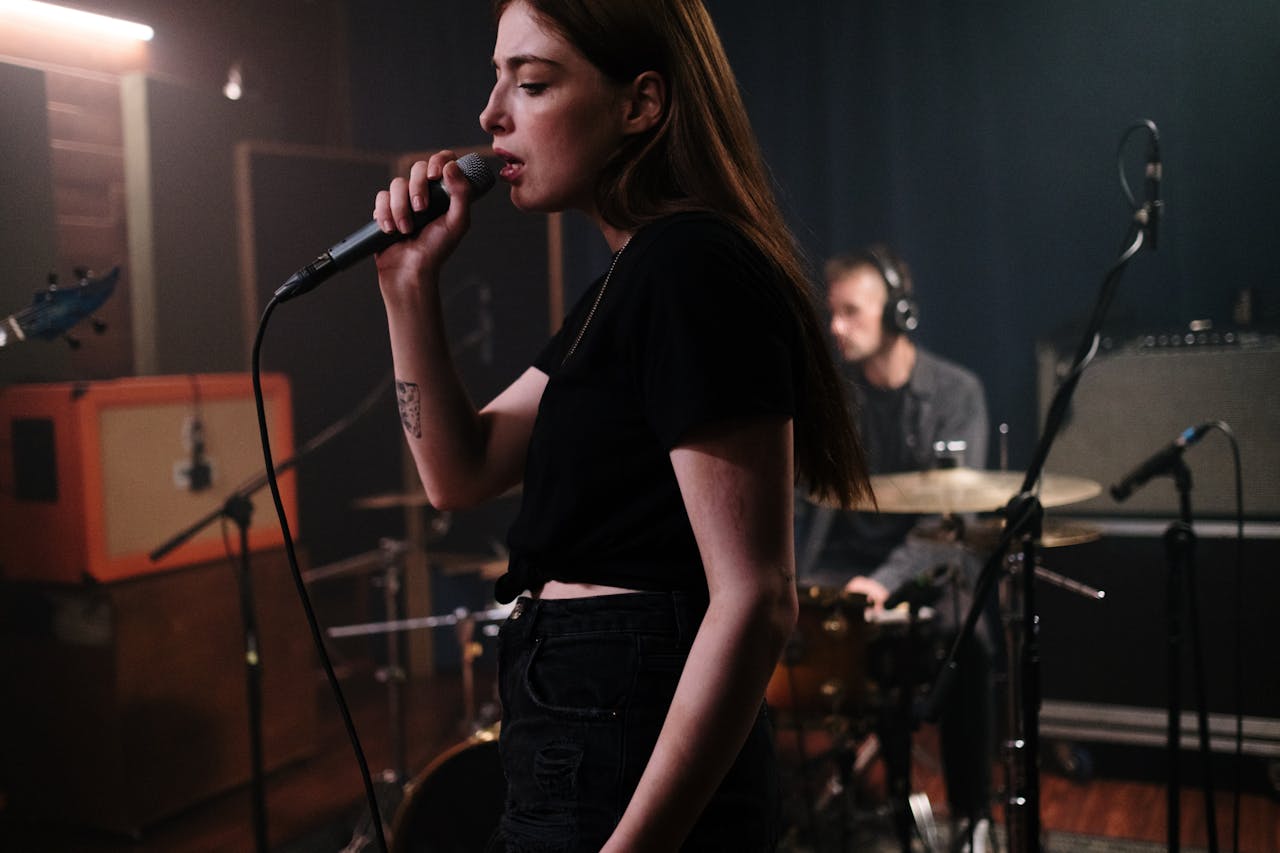The Future of the Music Industry: Predictions and Speculations on Trends and Technologies
The music industry is in a constant state of evolution, driven by technological advancements, shifting consumer behaviors, and new platforms for distribution. As we look ahead, several trends and innovations are poised to reshape the landscape of music creation, distribution, and consumption. Here’s a deep dive into what the future might hold for the music industry.

Streaming Dominance Continues
The Rise of Subscription Models
Streaming platforms like Spotify, Apple Music, and Amazon Music have transformed how we consume music. The subscription model is here to stay, providing artists with a steady income stream while offering listeners access to vast libraries of music.
-
Predictions:
-
More personalized playlists and AI-driven recommendations will enhance user experiences.
-
Exclusive releases and live-streamed concerts may become staples to attract subscribers.
The Role of Podcasts and Audiobooks
As music streaming platforms expand, they’re also incorporating podcasts and audiobooks, creating a one-stop shop for audio content. This diversification can drive new audiences and revenue streams.
Emergence of NFTs and Blockchain
New Revenue Models
Non-fungible tokens (NFTs) and blockchain technology are making waves in various industries, including music. Artists can create unique digital assets that fans can buy, sell, or trade.
-
Predictions:
-
Artists may offer exclusive content, concert tickets, or limited-edition merchandise as NFTs.
-
Blockchain could streamline royalty payments, ensuring artists receive fair compensation for their work.
Direct Artist-to-Fan Engagement
With the ability to sell directly to fans through NFTs, artists can foster a deeper connection with their audience. This direct engagement could lead to more dedicated fanbases and greater support for independent artists.
AI and Music Creation
AI-Generated Music
Artificial intelligence is beginning to play a significant role in music composition. AI tools can analyze vast amounts of data to create original compositions, often in seconds.
-
Predictions:
-
AI could democratize music creation, allowing non-musicians to produce quality tracks easily.
-
Collaborations between human artists and AI will lead to innovative genres and sounds.
Personalized Music Experiences
AI can also tailor music experiences for listeners, creating custom playlists based on individual preferences, moods, or activities.
Virtual and Augmented Reality Experiences
Immersive Concerts
As technology progresses, virtual reality (VR) and augmented reality (AR) will revolutionize live music experiences. Fans will have the opportunity to attend concerts from the comfort of their homes or enjoy enhanced experiences at live shows.
-
Predictions:
-
VR concerts will allow fans to interact with artists and other fans in a virtual space.
-
AR could enhance physical concerts with interactive visuals and experiences.
Globalization of Music
Diverse Sounds and Influences
The internet has made it easier for artists from different cultures to share their music globally. This interconnectedness will continue to foster collaborations across genres and regions.
-
Predictions:
-
Expect to see more cross-cultural collaborations and the blending of musical styles.
-
Emerging markets, particularly in Africa and Asia, will play a crucial role in the global music scene.
Localization Strategies
As global platforms dominate, local artists will find new ways to reach audiences through localized content and community-focused marketing strategies.

Sustainability and Ethical Practices
Eco-Friendly Concerts and Merchandise
With growing awareness of climate change, the music industry is increasingly prioritizing sustainability. Artists and festivals are adopting eco-friendly practices.
-
Predictions:
-
More festivals will implement green policies, from waste reduction to carbon offsetting.
-
Merchandise will shift toward sustainable materials and ethical production practices.
Supporting Social Causes
Musicians will continue to leverage their platforms to advocate for social and environmental causes, making activism a key component of their brands.
Conclusion
The future of the music industry is bright and filled with possibilities. As technology continues to advance and consumer preferences shift, the ways we create, distribute, and consume music will evolve dramatically. Artists, fans, and industry professionals must stay adaptable and open to these changes, embracing innovation while keeping the essence of music alive. The coming years promise to be a fascinating journey, as we witness the fusion of art and technology in unprecedented ways.












